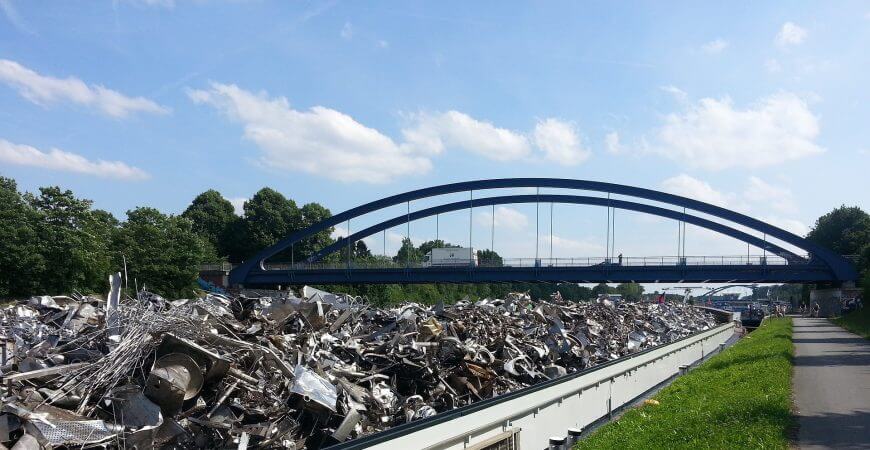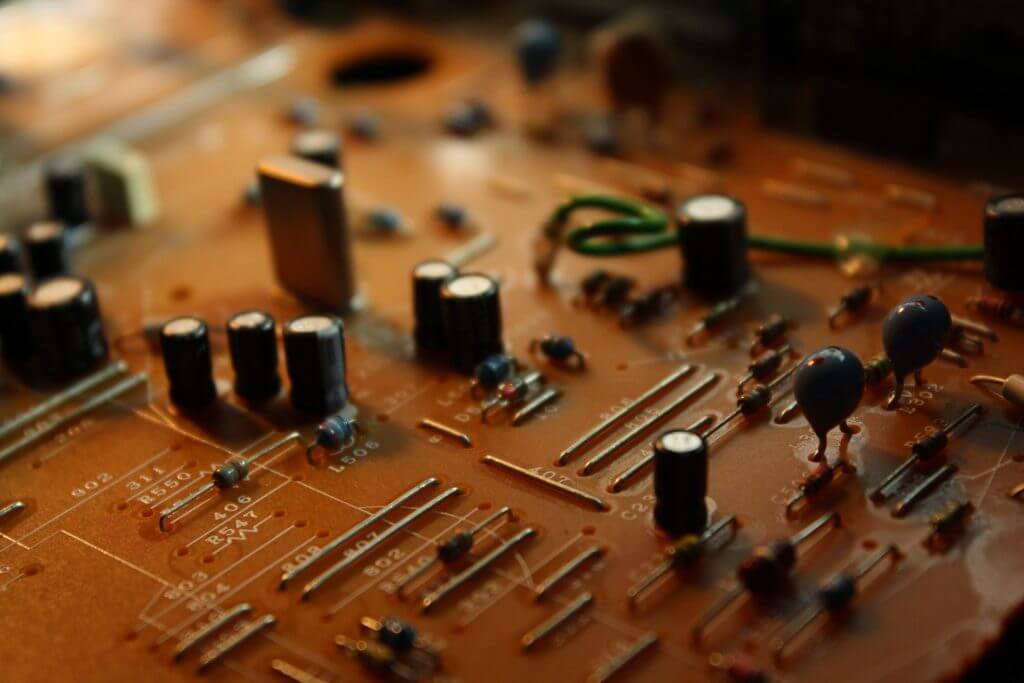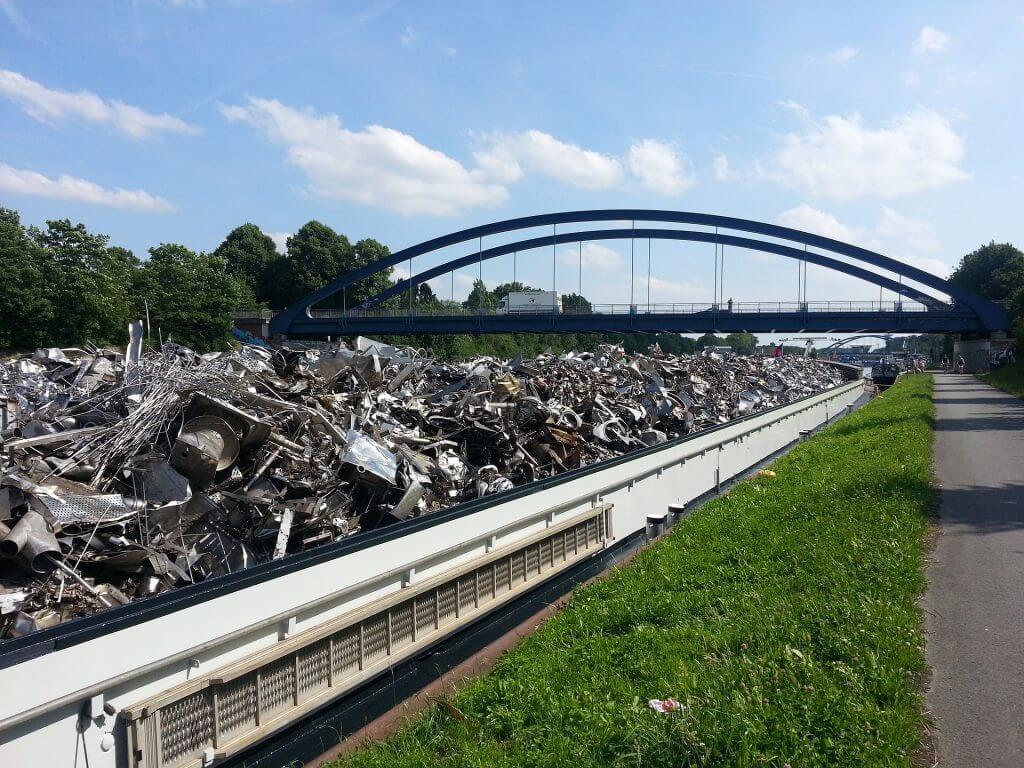

Does It Pay off to Recycle Electronic Waste?
Every year, we produce 50 million tonnes of e-waste. The problem is more and more pressing, and it is additionally exacerbated by the activities of manufacturers, as in their case short product life cycles translate into higher profits. One way to fight the wave of e-waste is proper recycling. Despite numerous advantages of e-waste disposal, this business is still not very popular. So does it really pay to recycle e-waste?
Serious Threat
E-waste is nothing else but old, worn-out electrical and electronic equipment, mostly including TV sets, mobile phones, washing machines, refrigerators, VHS and DVD players, video cameras, irons, energy-efficient bulbs and computer devices. Rapid technological development combined with shorter and shorter equipment lifetime are the main factors responsible for the sharp increase in the amount of electronic equipment we throw away. About 15 million tonnes of e-waste are produced in the European Union alone.
What you have to bear in mind is that on account of high content of toxins this waste is particularly harmful not only to our health and life but also to the environment. This is why e-waste requires proper handling, so that dangerous toxins are neutralised, while the recycling process allows to reclaim valuable materials, such as copper, iron, or even silver and gold. Unfortunately, risks entailed by e-waste are often ignored, as a result of which as many as 5 million tonnes of electronic waste in Europe don’t undergo any proper recycling process.

Rapid technological development combined with shorter and shorter equipment lifetime are the main factors responsible for the sharp increase in the amount of electronic equipment we throw away.
Is Recycling the Perfect Solution?
Recycling allows to reclaim some raw materials that are then used for the manufacturing of new equipment, which limits the need for their extraction. Reclaiming raw materials requires far less energy than their primary production, and it cuts pollution by reducing carbon dioxide emissions.
What’s interesting, e-waste recycling helps not only to protect the environment but also to earn quite a bit. One tonne of waste contains about 130 kg of copper, 3.5 kg of silver, and 340 g of gold. Reclaiming these materials turns out to be a great business idea. And yet, still only a very small percentage of e-waste gets recycled, while 80% of all e-waste produced all over the world is sent to developing countries.
If You Don’t Know What It’s All About, It’s About Money
As a result of European regulations concerning environmental protection and occupational health and safety as well as high costs they entail, recycling anything in Europe is not really profitable. In order to cut costs, we send e-waste to countries of much lower labour costs, where recycling is simply cheaper. This is why a vast majority of e-waste produced all over the world ends up in China, where processes of reclaiming raw materials don’t meet basic safety standards and are dangerous to human health and life. Old devices are sorted and recycled on the ground, without any protection against the weather. Toxins and heavy metals get into soil, water and human blood circulation system. Thus, European e-waste contaminates the environment in different corners of the world.

In order to cut costs, we send e-waste to countries of much lower labour costs, where recycling is simply cheaper. This is why a vast majority of e-waste produced all over the world ends up in China
Europe in Search of Solutions
Europe needs solutions thanks to which e-waste recycling here will be both possible and cost-effective. We shouldn’t forget that this is a true mine of metals such as copper, tin, lead, silver and gold. The most efficient methods include special programmes supporting the recycling of electronic devices, launched by manufacturers. They allow users to return equipment to the manufacturer free of charge or even receive a discount on a new device. Such popularisation of recycling offers companies a perfect opportunity to promote their brands and build customer relationships.
What also seems optimistic is a brand new recycling technology that consists in extracting metals in chemical processes. The work on the technology has been undertaken at the University of Technology in Radom, Poland. This effective and ecological method is based solely on chemical reactions taking place in a closed system. The University received 2 million zlotys from the European Union for the development of the technology. The work carried out proves that proper technologies of e-waste recycling can be well used here to the benefit of the environment and the European budget. Perhaps we will soon stop sending e-waste to other countries, while each used mobile phone will undergo proper chemical processes to get revived as raw materials ready to be reused.
